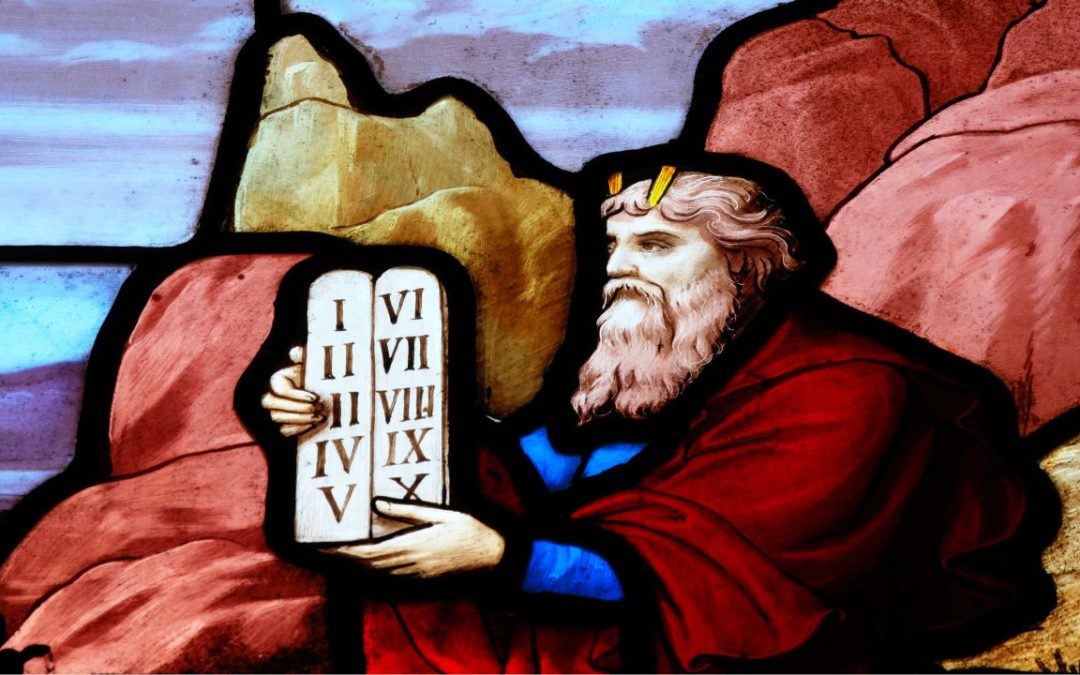I had a discussion with a work colleague several years ago regarding the beginnings of the Sabbath. His view was that the Sabbath was not instituted until God gave the ten commandments to Moses at Mount Sinai. This view is commonly held by many people today. But, there are some Bible passages that seriously undermine the validity of this view.
In Genesis 2, after giving an account of the creation, the Bible says:
On the seventh day God ended his work which he had made: and he rested on the seventh day from all his work which he had made. And God blessed the seventh day and sanctified it; because that in it he had rested from all his work which God created and made.
Genesis 2:2-3
The End of the Creation Week
If we take any part of the creation account to be literal, then we need to take the whole of it as literal. And, if we cannot explain away any parts of the creation account, then we cannot explain away this plain statement that God instituted the Sabbath at the end of the original creation week.
The blessing and sanctifying of the seventh day are mentioned in connection with the very first seventh day that ever existed. In doing so, the Bible reinforces the idea that this is the point at which the Sabbath was instituted.
In the commandment given to Moses, God’s resting on the seventh day is given as the reason for its sanctification. The ten commandments were given to Moses over 2000 years after the creation. It makes no sense that the reason for keeping Sabbath existed 2000 years before Sabbath was instituted and kept.
For these reasons, we must conclude that the Sabbath was instituted, and God required its observance, immediately after the work of creation ended.
From Creation to Sinai
We find frequent references in the Bible, before Sinai, to the seven-day week. Noah had an understanding of the seven-day week. We see this in his sending the dove from the ark. Noah waited seven days each time before resending the dove from the ark. After Laban deceived Jacob, Laban asked Joseph to wait one week before marrying Rachael. Joseph mourned for seven days after his father died. Job’s friends sat with him for seven days.
If people before the time of Moses understood and observed the seven-day week, they had to have gotten that idea from the creation. If they observed a seven-day week because of their understanding that God created the world in seven days, then we can conclude that they also kept the Sabbath day, the seventh day, holy, as part of their observance of the seven-day week cycle. The God who gave them the seven-day week, also gave them the seventh-day Sabbath when He gave them the seven-day week.
Manna from Heaven
While living in Egypt, the Israelites could not keep the Sabbath because they were forced to work on Sabbath by the Egyptians. God’s plan was to revive Sabbath-keeping after freeing them from Egypt. One of the ways He did this was through the miracle of the manna from heaven in the desert. God sent manna from heaven for six days of the week. On the seventh day, there was none.
The Israelites were to collect manna every day of the week for their consumption. On the sixth day, they were to collect a double portion so that they had enough for Sabbath. This demonstrated that six days were for working and the seventh day was for resting. The manna would rot if kept overnight from day one to five. But manna collected on day six would not rot if kept overnight for the Sabbath.
But some Israelites were disobedient. The Bible says,
And it came to pass, that there went out some of the people on the seventh day to gather, and they found none. And the Lord said unto Moses, how long refuse ye to keep my commandments and my laws? See, for that the Lord hath given you the Sabbath, therefore he giveth you, on the sixth day, the bread of two days.
Exodus 16:27-29
God’s “How long will you refuse to keep my commandments and my laws” implies that God had previously established the Sabbath. This miracle of the manna was given also before God gave Moses the ten commandments at Sinai (the account of the manna is given in Exodus 16, while the ten commandments are given in Exodus 20). God saying “the Lord hath given you the Sabbath” prior to Sinai settles the question that the Sabbath originated long before God wrote the commandments on the tables of stone.

